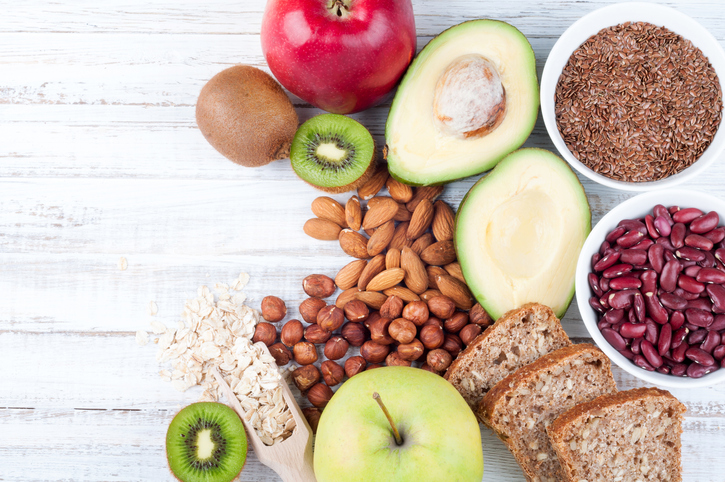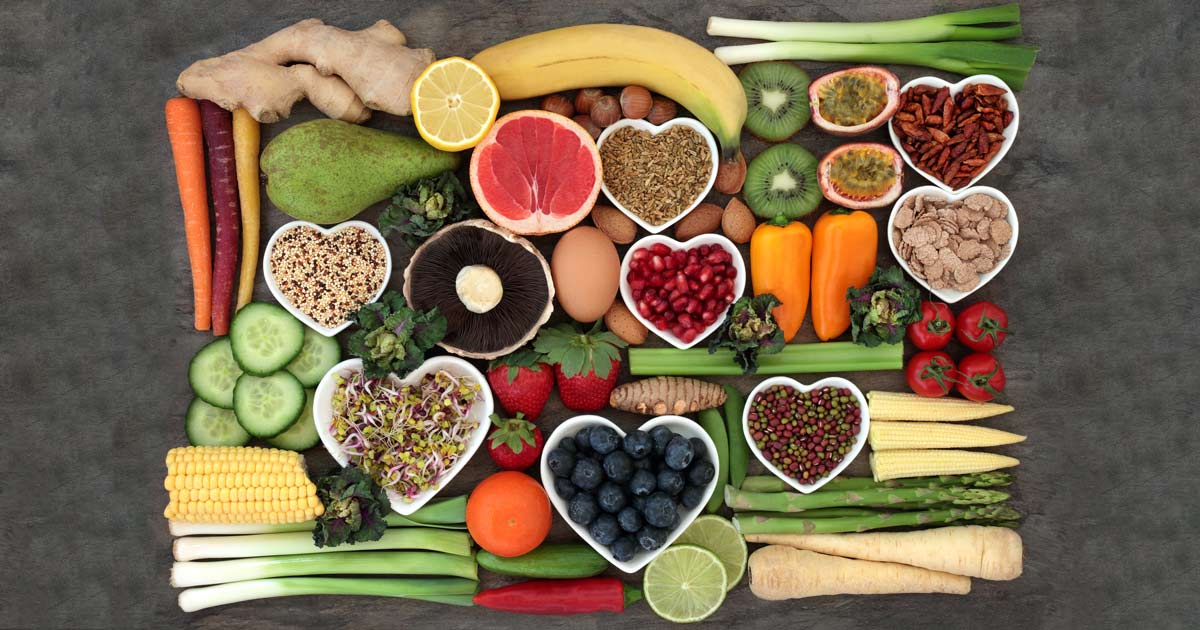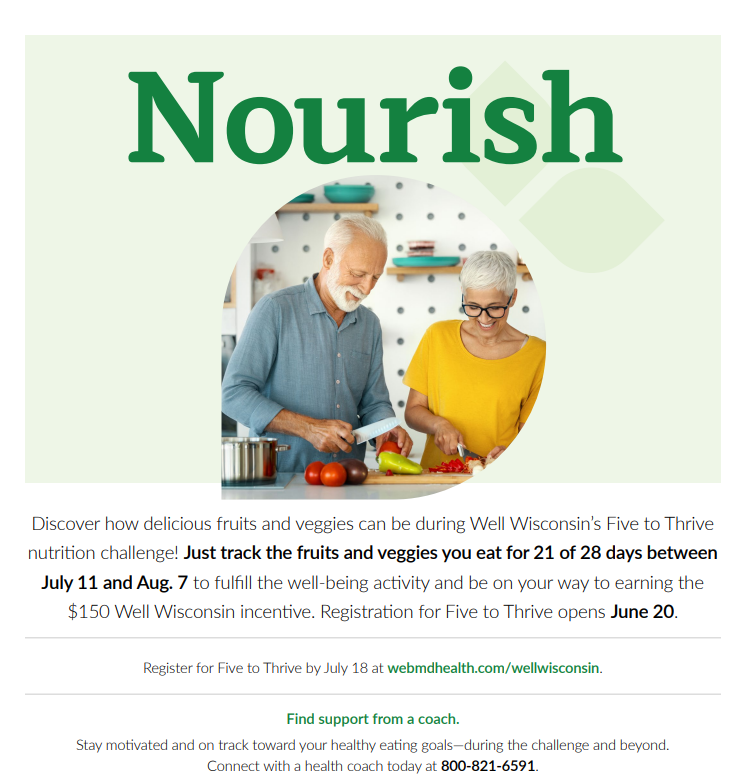
Peanut butter is a great snack choice whether you're vegan or just looking for a natural and healthy snack. Not only is it a source of protein, but it's also sweet and salty. It's easy to make at home and is a delicious, healthy option. You should be careful when shopping for peanut butter.
While many brands claim to be vegan, some may contain ingredients not suitable for vegetarians. It is important to check the label for such ingredients. For example, some brands use honey instead of white sugar. Vegans might find this problematic, as honey is made by animals. If you want to be sure that your peanut butter is vegan, you should look for a product that does not use honey.
Other common ingredients found in peanut butter are oil and salt. These additives add richness and flavor to peanut butter. These additives are often made from animal bones and can pose a problem for vegans. Some brands use a bone Char Filtration process to remove impurities. This process isn't vegan and can turn the sugar bright white.

To prevent oil separation in production, many brands use hydrogenated vegetable oils. This oil can also be used in specialty spreads. It is important that you read the labels for this ingredient as well as any additives that might be problematic for vegans.
Some brands also contain other non-vegan ingredients, such as gelatin, honey, and fish oil. Vegans can have problems with these ingredients as they could cross-contaminate other animal products. E numbers are another non-vegan ingredient that can pose a problem to vegans. E numbers refer to artificial additives used in emulsifying products. E numbers are generally plant-based. Some may also be animal-based.
You want the best vegan peanut butter. Look for products that are 100% plant-based. This will ensure you get all the health benefits of peanut butter. This means that the peanut butter has not been tested on animals.
There are many brands of peanut butter to choose from when it comes to selecting the right brand. Vegan-based peanut butter is two of America’s most loved brands. These two brands are worth looking for: Jif and Smuckers. Jif is a good choice since it uses organic peanuts as well as Spanish peanuts. And, it claims that 100% is made from sustainable sources.

Smuckers is also a good option because it doesn’t contain animal bones and white sugar. Other sweeteners, such as honey, may be added by non-vegan brands.
Always read the label when buying peanut butter. Peanut butter is a delicious, healthy treat. However, vegans should be aware of possible ingredients. If you're concerned about an ingredient, you can always contact the manufacturer of the product and ask about the status of the product.
Peanut butter may contain milk, honey, or gelatin. These ingredients can cross-contaminate and cause problems with other animal products. It's important that you read the label. Look for vegan-certified products, as they are not tested on animals.
FAQ
What are the 10 most delicious foods?
These are the top 10 foods to eat.
-
Avocados
-
Berries
-
Broccoli
-
Cauliflower
-
Eggs
-
Fish
-
Grains
-
Nuts
-
Oats
-
Salmon
Is being cold good for your immune system.
Being cold gives you a weaker immune system because when you are cold, your body produces less white blood cells which fight infections. Being cold can make you feel more comfortable because your brain releases endorphins which help reduce pain.
Exercise: Good and bad for immunity?
Exercise is good for your immune systems. Your body creates white blood cells, which are immune-boosting and fight infection. You also get rid toxins. Exercise can prevent heart disease, cancer, and other diseases. It reduces stress.
Exercising too frequently can make your immune system weaker. When you exercise too hard, your muscles will become sore. This can cause inflammation, swelling, and even death. The body will then produce more antibodies to fight infection. Problem is, extra antibodies can trigger allergies and other autoimmune conditions.
So, don't overdo it!
What is the difference of a virus from a bacteria?
A virus is a microscopic organism that cannot reproduce outside its host cell. A bacterium (or single-celled organism) reproduces by splitting itself into two. Viruses measure only 20 nanometers in diameter, but bacteria is up to 1 millimeter in size.
Viruses are usually spread through contact with infected bodily fluids, including saliva, urine, semen, vaginal secretions, pus, and feces. Bacteria is usually spread directly from surfaces or objects contaminated with bacteria.
Viral infections can be transmitted through skin cuts, scrapes and bites. They can also enter the body through the nose and mouth, eyes, ears or rectum.
Bacteria can enter our bodies through wounds, cuts, scrapes, burns, insect stings, or other breaks in our skin. They can also be introduced to our bodies by food, water and soil.
Both bacteria and viruses can cause illness. But viruses can't multiply within their host. They only infect living tissues when they cause illness.
Bacteria can cause illness by multiplying in the body. They can even invade other parts of the body. Antibiotics are needed to eliminate them.
Why should we have a healthy lifestyle to begin with?
Having a healthy lifestyle helps us live longer, happier lives. Regular exercise, healthy eating habits, healthy sleep habits and stress management can all help prevent strokes, heart disease, diabetes, and cancer.
By living a healthy lifestyle, we can improve our mental health. It will make us more resilient to everyday stress. Having a healthy lifestyle will also boost our self confidence and help us look and feel younger.
How do I count calories?
It is possible to wonder "what the best diet is for me?" or "is counting calories necessary?" It depends on several factors such as your current health, personal goals, preferences, and overall lifestyle.
The Best Diet for me - Which One Is Right for You?
The best diet depends on me, my health, my goals, my lifestyle, and my preferences. There are many good and bad diets. Some diets work well for some people and others do not. So what do I do? What should I do?
These are the questions that this article attempts to answer. It begins by briefly describing the different diets available today. After that, you will learn about the pros and disadvantages of each type. We'll then discuss how to choose which one is best for you.
To begin, let's take a quick look at the different types of diets.
Diet Types
There are three types of diets available: ketogenic, high-protein, and low-fat. Let's discuss them briefly below.
Low Fat Diets
A low-fat diet is one that limits the intake of fats. This is achieved by reducing saturated fat intake (butter, cream cheese etc.). These fats can be replaced with unsaturated fats like avocados and olive oil. For those looking to lose weight quickly, a low fat diet is often recommended. This type of diet can lead to constipation and heartburn as well as indigestion. A person may also experience vitamin deficiencies if they don't get enough vitamins.
High Protein Diets
High protein diets restrict carbohydrates in favor of proteins. These diets have higher protein levels than other diets. These diets are meant to help increase muscle mass and decrease calories. One problem is that they may not provide adequate nutrition to someone who needs it. Also, they tend to be very restrictive, so they aren't suitable for everyone.
Ketogenic Diets
The keto diet is also known as the keto diet. They are high on fat but low in carbs and proteins. Athletes and bodybuilders use them because they allow them more time and harder training without getting tired. You must adhere to all side effects such nausea, headaches, fatigue.
What's the difference between a calorie and kilocalorie?
Calories refer to units that are used for measuring the amount of energy contained in food. Calories is the unit of measurement. One calorie represents the energy required to raise one gram of water's temperature by one degree Celsius.
Kilocalories can also be used to refer to calories. Kilocalories can be measured in thousandsths of one calorie. For example, 1000 calories equals one kilocalorie.
Statistics
- nutrients.[17]X Research sourceWhole grains to try include: 100% whole wheat pasta and bread, brown rice, whole grain oats, farro, millet, quinoa, and barley. (wikihow.com)
- Extra virgin olive oil may benefit heart health, as people who consume it have a lower risk for dying from heart attacks and strokes according to some evidence (57Trusted Source (healthline.com)
- According to the 2020 Dietary Guidelines for Americans, a balanced diet high in fruits and vegetables, lean protein, low-fat dairy and whole grains is needed for optimal energy. (mayoclinichealthsystem.org)
- In both adults and children, the intake of free sugars should be reduced to less than 10% of total energy intake. (who.int)
External Links
How To
Ten tips for a healthy lifestyle
How to lead a healthy lifestyle
We live in a fast paced world, where we don’t get enough sleep and smoke cigarettes. We don't take care of our body's health properly.
If you are working full time, it can be difficult to keep a healthy diet and exercise regimen. Stress can make it more difficult if your mind is telling you that you cannot handle the situation anymore. This makes it all the more difficult.
If your body feels ill, it most likely is. Talk to your doctor about your condition. If there's nothing abnormal, you might have stress from your job.
Some people believe they're lucky because their jobs let them go to the gym on a regular basis or they have friends who encourage them to stay fit. Those people are lucky. These people have no problems. They had everything under control. I wish every person could be like them. Many of us aren't able to find the right balance between our personal and professional lives. Many people have bad habits that lead to illnesses such as heart disease and diabetes.
Here are some ways to improve your daily life.
-
You should get 7 hours of sleep per night minimum and 8 hours maximum. This includes proper sleeping positions and avoiding caffeine during the last hour before going to bed. Caffeine blocks the melatonin hormones making it hard to fall asleep. Also, make sure that your bedroom is clean and dark. If you work late at night, make sure you have blackout curtains.
-
Eat healthy. Have breakfast every morning. Sugar products, fried food, processed foods and white breads should be avoided. Lunch should include fruits, vegetables, and whole grains. You should eat healthy afternoon snacks that are high in fiber and protein. These include nuts, seeds beans, legumes, fish, cheese, and dairy products. Avoid unhealthy snacks such as chips, chocolates, cookies and cakes.
-
Drink plenty of water. Almost everyone doesn't drink enough water. Water is good for us. It helps us lose more calories, keeps the skin soft and youthful, improves digestion, and flushes out toxins. Six glasses of water daily can help you lose weight quicker. You can determine how hydrated you are by examining the color of your urine. Yellow is dehydrated. Orange means mildly dehydrated. Pink means normal. Red means overhydrated. Clear means extremely-overhydrated.
-
Exercise – Regular physical activity is proven to improve energy levels, reduce depression, and even help you feel happier. Walking is an easy workout that can also improve your mood. Walking is easy, but it takes effort and concentration. Your brain must focus on walking and breathe slowly and deeply. A brisk walk for 30 minutes can burn between 100 and 150 calories. Slowly increase the pace. Stretching after exercise is important to avoid injury.
-
Positive thinking is key to mental health. Positive thinking can create a happy atmosphere within us. Negative thoughts cause anxiety and drain our energy. Keep your motivation high by focusing on the things you want to do. You can break down all the tasks into smaller pieces if you feel overwhelmed. Do not be discouraged if you fail, just get up and try again.
-
It is important to learn how to say no. We are often so busy, that we don't realize how much time we spend on unimportant tasks. It is important to learn to say No when you need to. Saying 'no' does not mean being rude. A No means that you can't take care of something now. There will always be another way to do the job. Try to set boundaries. Ask someone else to help you out. You can also delegate this task to another person.
-
Take care of yourself - Pay attention to your diet. Healthy eating habits will increase your metabolism and help you lose weight. Avoid eating anything heavy or oily as they can raise cholesterol levels. You should eat three meals and two snack each day. You should consume around 2000 - 2500 calories per day.
-
Meditate - Meditation is a great stress reliever and reduces anxiety. You can relax your mind by simply sitting still and closing your eyes. This exercise will allow for clarity of thought and be extremely helpful in making decisions. Practicing meditation regularly will make you calmer and happier.
-
Breakfast is the most important meal you should eat each day. Skipping breakfast could lead to eating more lunch. You don't have to wait until noon to enjoy a healthy breakfast. A healthy breakfast can boost your energy levels and help you control your hunger.
-
Make sure you eat clean food. Food has a greater impact on your mood than you realize. Avoid junk food, artificial ingredients and foods that are high in preservatives. These products keep your body acidic and trigger cravings. Fruits and vegetables are rich in vitamins and minerals that improve overall health.
-
***